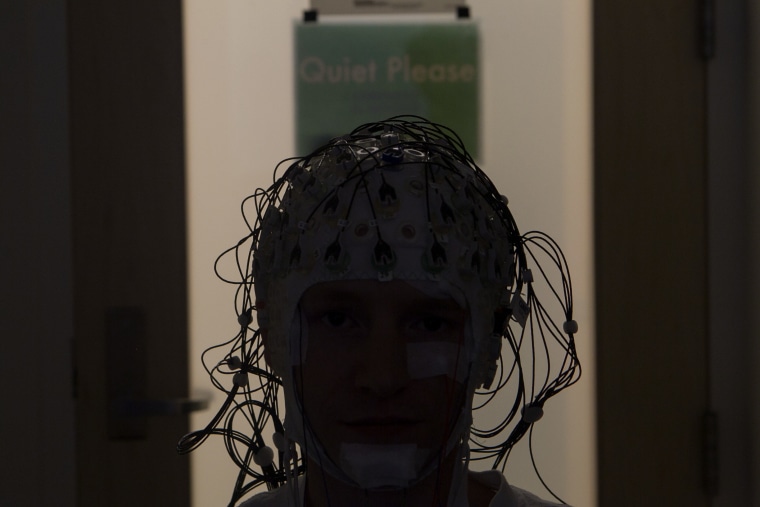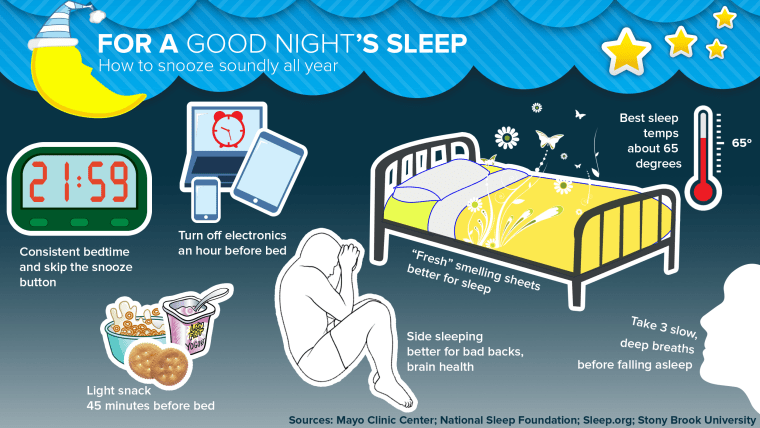Can't sleep the first night in a new place? You're not alone. Now scientists can explain why: one side of your brain stays alert, like a night watchman on the lookout for danger.

The results of that nighttime alertness are mixed: you are more easily awakened by sounds that might signal a threat, but you also get a night of slumber that is less refreshing because a part of your brain spends less time in slow wave sleep, according to the study published in Current Biology. Slow wave sleep is when our bodies get the deepest rest.
A similar, though more pronounced and prevalent effect has been observed in the animal world, said study co-author Yuka Sasaki, an associate professor at Brown University. Over time, humans may have evolved to experience this fitful sleep only the first night because “we live in the modern world and most of the time we’re in an environment that is safe to sleep in,” Sasaki said. “If you travel to somewhere new it’s not guaranteed to be completely safe and then it might be helpful if part of your brain is awake and is keeping up surveillance when you’re sleeping.”
RELATED: 3 easy ways to improve the quality of your sleep
Sleep researchers recognized long ago that they couldn’t use data from the first night volunteers spend asleep in the lab because many people experience this “first night effect.” Sasaki and her colleagues wanted to understand just what was happening on that first night.
They asked 35 volunteers to wear earphones and an array of sensors to bed for two nights. Consistently, the left side of the brain was more active during slow-wave, or deep, sleep on the first night. When sounds were piped into the right ear, which connects directly to the left side of the brain, volunteers were more likely to awaken than if the right side of the brain was stimulated. Tellingly, this did not occur on the second night in the lab.
RELATED: Fragmented sleep prevents slow wave sleep and can wreck your mood
The researchers pinpointed the alertness to one specific area of the brain, called the default-mode-network, which during waking hours is active during daydreaming and mind-wandering.
“It's the first to show something affecting slow wave patterns during non-REM sleep, and that’s very important," said Daniel Kay a researcher at the University of Pittsburgh. "It’s showing that sleep is not necessarily a whole brain event.”

It helps explain why someone can get a full eight hours of sleep and appear to be spending the right amount of time in deep sleep — but not feel refreshed in the morning. “It may look like you’re getting a normal night’s sleep but there may be regions of the brain that are not getting a full night of sleep," said Kay. "You end up with localized sleep deprivation. What it looks like on this first night is that some people truly are ‘sleeping with one eye—or ear—open.’”
RELATED: Why do we need so much sleep?
It’s entirely possible that light sleepers, those who wake up at the least little noise even at home, have this night watchman turned on all the time, said Jerome Siegel, a sleep specialist and professor of psychiatry at UCLA’s Semel Institute of Neuroscience and Human Behavior.